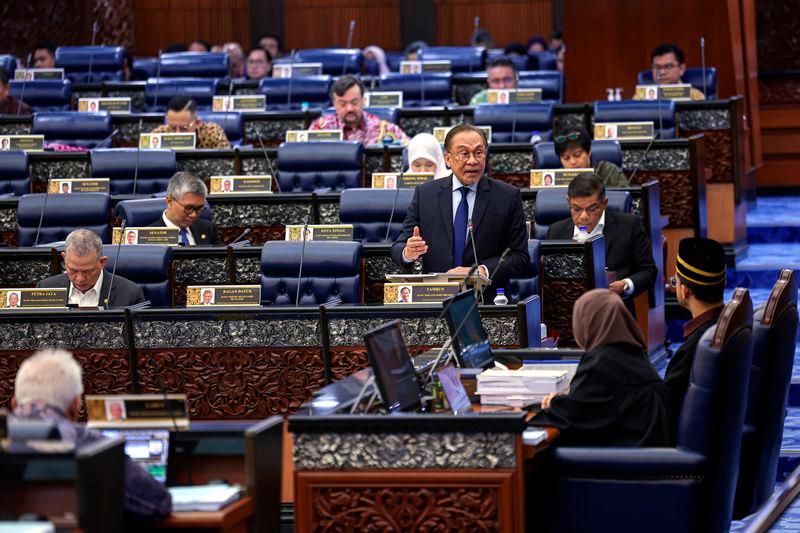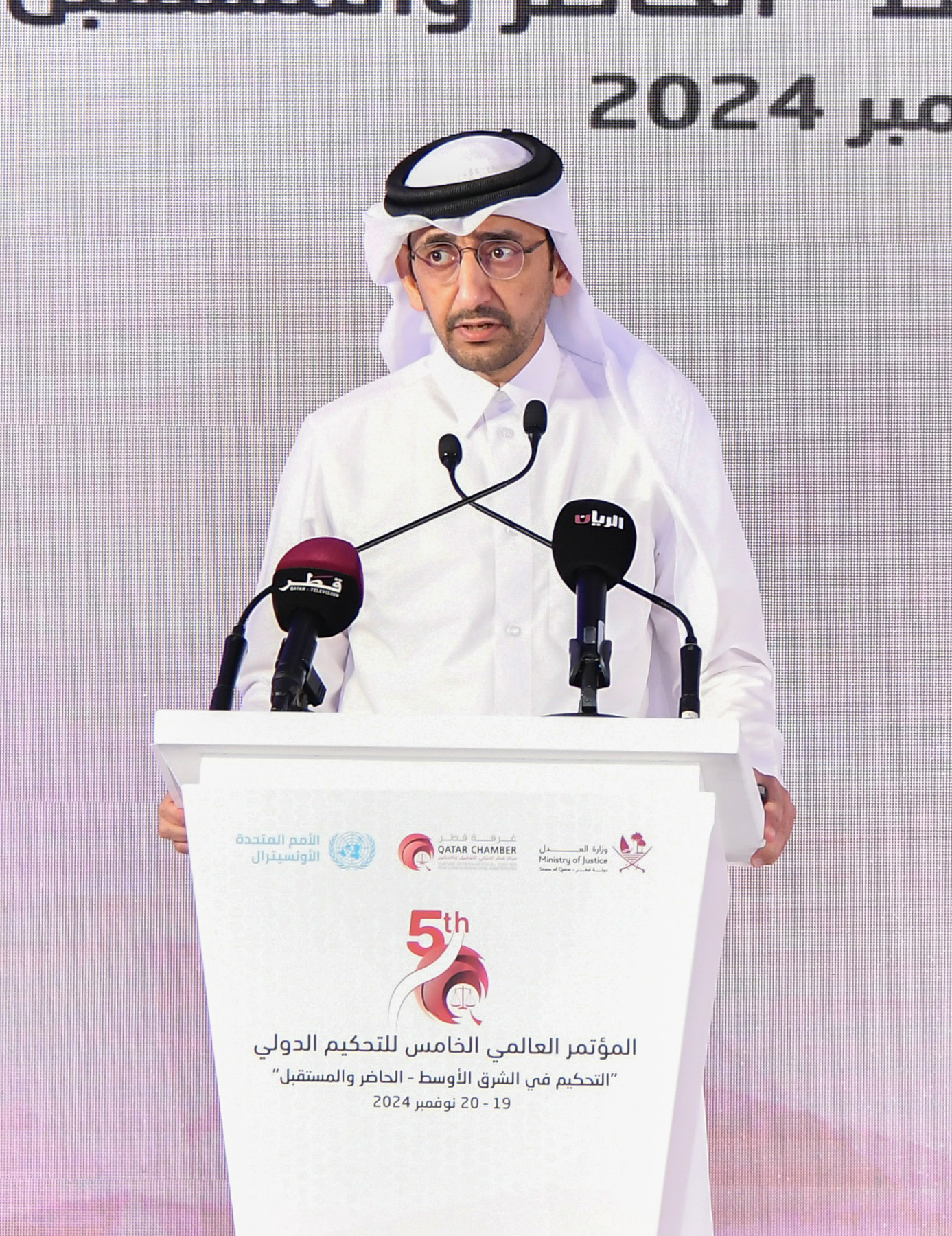Qatar formally withdrew from the oil bloc in 2019.
The Organization of the Petroleum Exporting Countries’ (OPEC) decision to reduce oil production is based on “commercial” foundations, Qatar’s minister of state for energy affairs said on Tuesday.
Speaking to the press in Doha, Saad Al Kaabi said that decisions similar to the one taken by the petroleum organisation last week should not be “politicised”.
“We are not members of OPEC, but based on our experience as a former member, decisions within the organisation are based on technical and commercial foundations and data that are studied to achieve a balance between supply and demand,” said Al Kaabi.
Qatar formally withdrew from OPEC in 2019 amid a GCC crisis, despite being part of the organisation for 58 years. The diplomatic rift was triggered by an illegal air, land and sea blockade on Doha by its neighbouring Saudi Arabia, Bahrain, the UAE and Egypt.
While the withdrawal was seen as a direct response to the blockade, officials said the decision was made in order to allow Qatar to develop and increase its natural gas production.
Last year, Al Kaabi said that Qatar has no plans to return to the organisation.
On 5 October, OPEC+ decided to decrease its production of oil by two million barrels per day in an attempt to stabilise the market. The move was then met with outrage in Washington, with oil prices rising in the US by at least 10 cents a gallon.
Other countries in the GCC echoed similar sentiments to Al Kaabi, saying it is purely based on economic considerations.
On Tuesday, the United Arab Emirates’ energy minister said that OPEC+’s move is not related to politics.
“We fully trust and believe in the technical credibility of OPEC and OPEC+. We always meet and discuss the facts based on our analysis of the market and how we can all contribute to taking the right measures to balance the supply and demand, and that decision is always taken unanimously and the last decision was taken on the same logic,” said the UAE’s energy minister, Suhail Al-Mazrouei.
US-Saudi Arabia
The decision has also fuelled tensions between Saudi Arabia and the US.
Days after OPEC+’s announcement, US National Security Council coordinator for strategic communications, John Kirby said President Joe Biden feels that Washington needs to re-evaluate its ties with Riyadh.
“Certainly in light of the OPEC decision, I think that’s where he is, and he’s willing to work with Congress to think through what that relationship ought to look like going forward,” Kirby told CNN.
Chairman of the United States Senate Foreign Relations Committee Bob Menendez said Washington “must immediately freeze all aspects” of cooperation with Riyadh.
“The United States must immediately freeze all aspects of our cooperation with Saudi Arabia, including any arms sales and security cooperation beyond what is absolutely necessary to defend US personnel and interests,” said Menendez in a statement.
On Sunday, White House National Security Adviser Jake Sullivan said that Biden has “no plans” to meet with Saudi Arabia’s Crown Prince Mohammed bin Salman in Indonesia next month for the G20 summit.







